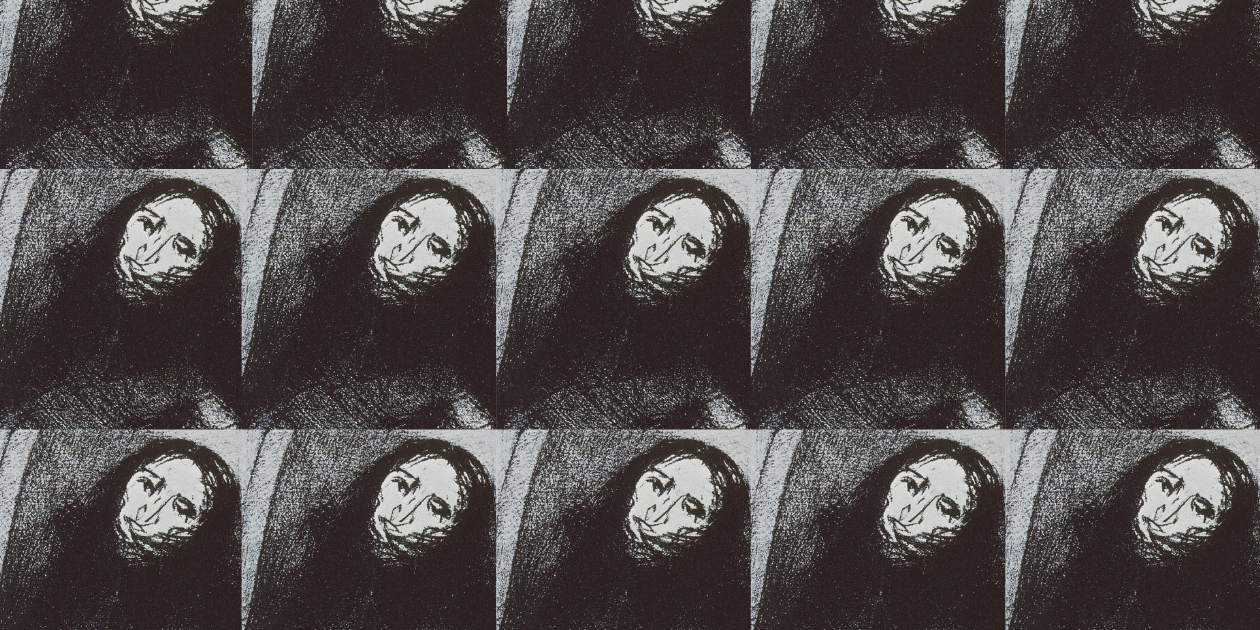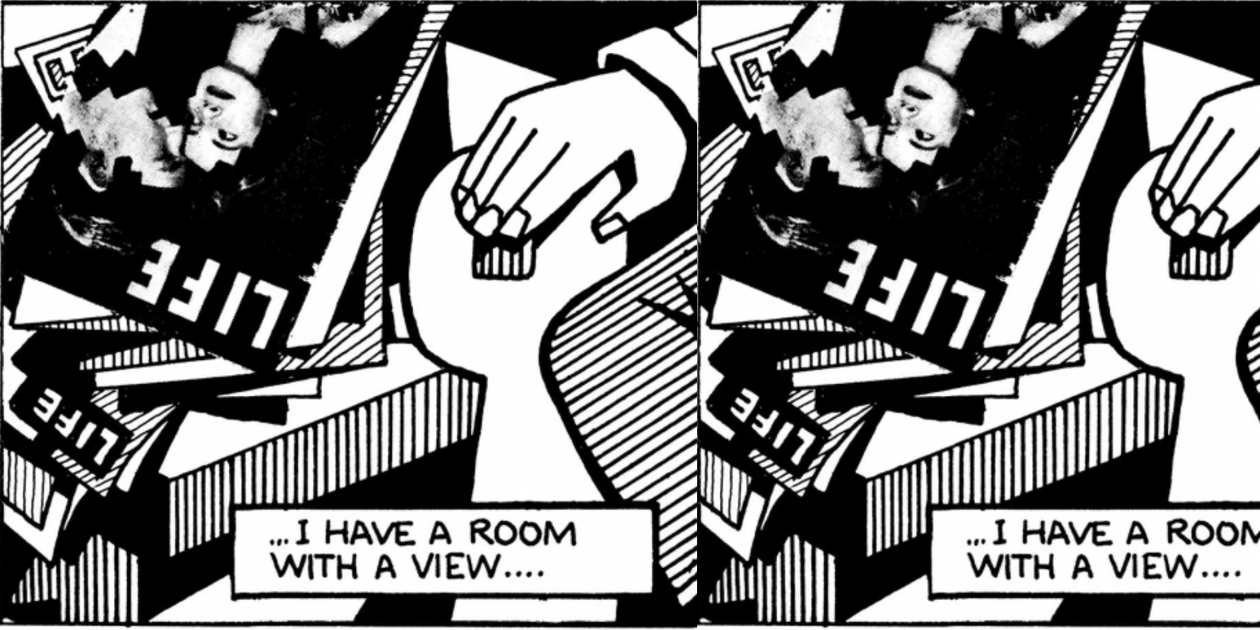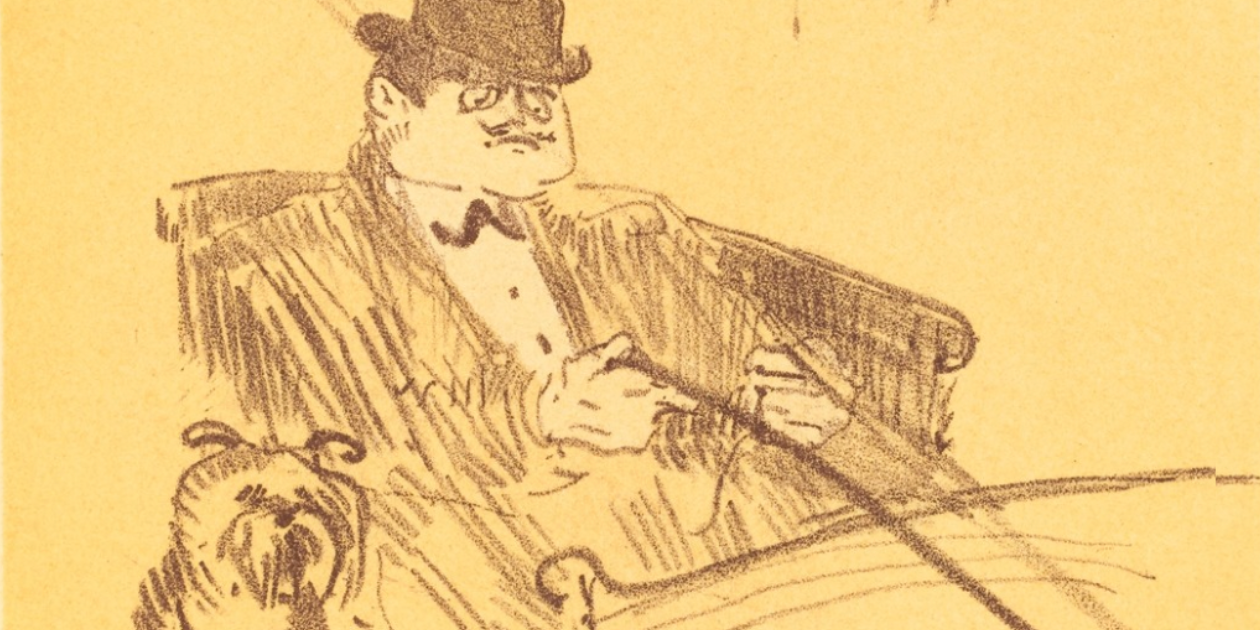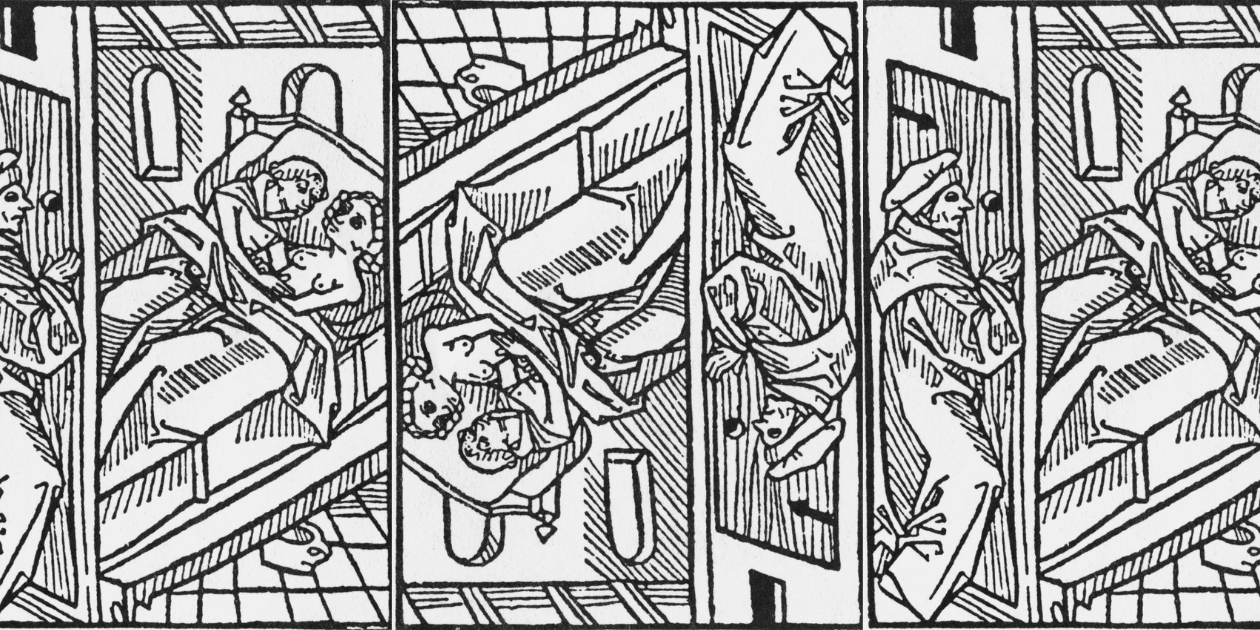Emerging out of two decades of critical commentary are two parallel interpretations of Engel’s novel: Bear as romance, and Bear as realism.
Comments closedThe Channel Posts
Dictee strategically allows for both an essentialist and a constructivist view of national identity to coexist in order to resist imperialism and assimilation for those who have been “transplant[ed],” or extracted from their “lineage” (20), and no longer fit seamlessly within one national identity.
Comments closedMuch of The Rings of Saturn is oriented towards answering this recurring, though often only implied, question of how we might comprehend and locate ourselves within history, given that our cognitive capacities seem so limited relative to the scale of such an object.
Comments closedThere are scarcely more important questions for an Early Modern woman than how best to kill her lover. At a minimum, this is the impression one gets from reading certain texts by Aphra Behn.
Comments closedÀ Rebours and The Picture of Dorian Gray reject the strict mimesis of the naturalist and realist schools while their protagonists function as cautionary figures against the moral idolization of the artwork.
Comments closedAlthough Marjane in Persepolis narrates her own historical story in a way that Art in Maus does not, both works represent childhood by selectively detailing certain historical events that they did not personally witness, imbuing literal and metaphorical childlike imagery into their illustrations, and exploring the nuances of parent-child relationships once the latter are also adults.
Comments closedThe coded concepts of influence, collaboration, and Hellenism within The Picture of Dorian Gray and “Collaboration” shed light on this socially problematic passion, otherwise presented opaquely.
Comments closedIn The Princess of Cleves and Pamela; or, Virtue Rewarded, Lafayette and Richardson construct morally ambiguous situations in which the heroines demonstrate their autonomy. In so doing, they ultimately configure the distinction between moral principle and emotional desire as a false binary.
Comments closedWhat do written criticisms of The Monk reveal about the political, moral, and religious attitudes of England in the late 1790s? I will contend that there was much more at stake than the literary merit of a popular novel: anti-Lewis rhetoricians used the novel to advance social critiques that chastised irreligion, moral depravity, and the corruption of the aristocracy within the context of a conservative reaction to the French Revolution in England.
Comments closed







